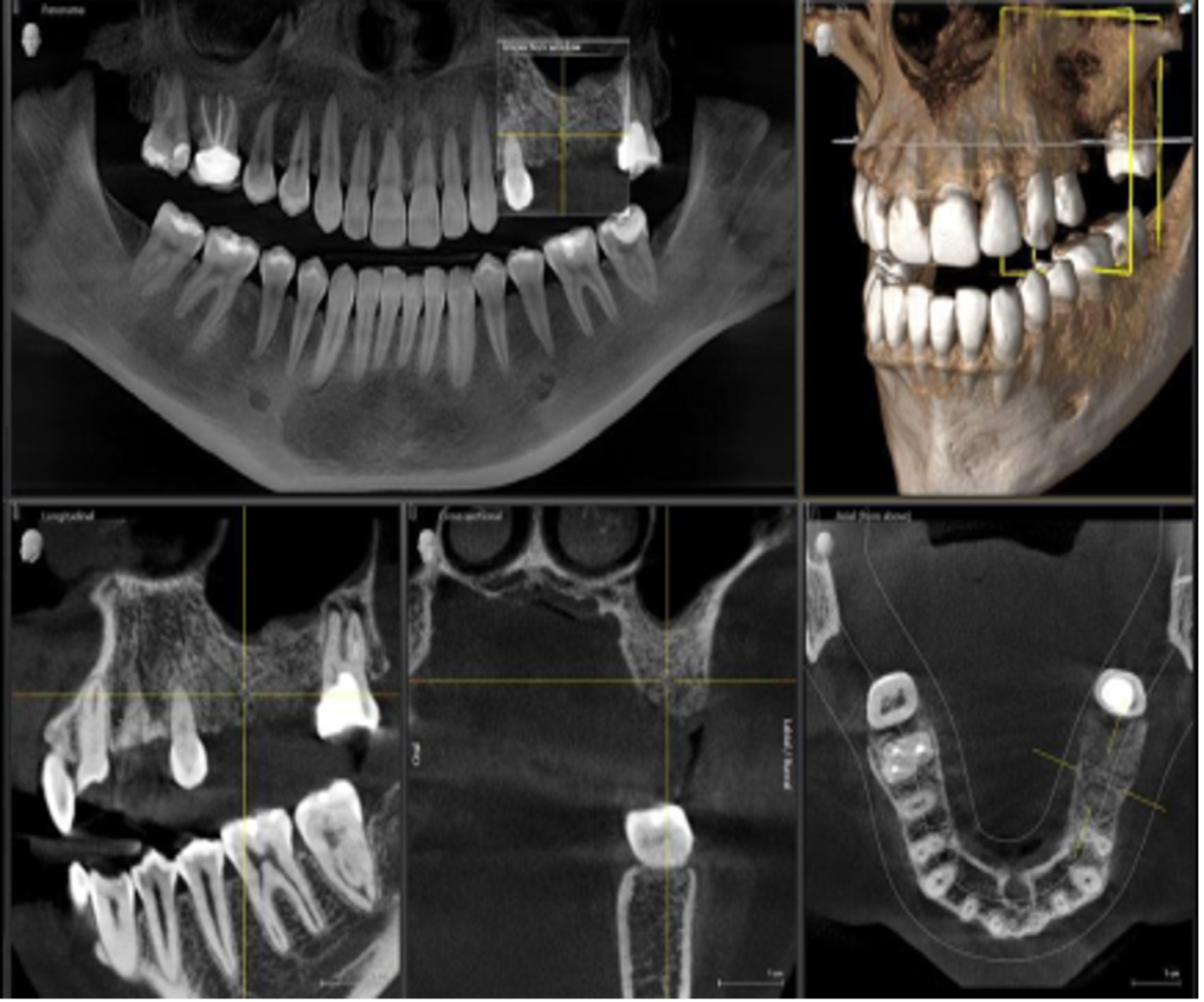When it comes to dental care, the importance of a thorough diagnosis cannot be overstated. Whether a patient is dealing with a minor cavity or a complex condition like temporomandibular joint disorder (TMJ), a precise diagnosis is the cornerstone of effective treatment.
In this issue, we will discuss the importance of a proper diagnosis.
As a dental professional, the diagnosis is the most important aspect of the treatment process. Without the diagnosis, you cannot treat effectively. Without it, even the most advanced dental procedures can fail to deliver the desired outcomes. Understanding the vital role of diagnosis in dental treatment is essential for both practitioners and patients alike.
At its core, a diagnosis is about identifying the root cause of a patient’s symptoms. In dentistry, this process involves more than just looking at the visible signs; it requires a comprehensive evaluation of the patient’s overall oral health. A dentist must consider a variety of factors, including the patient’s medical history, lifestyle habits, and any pre-existing conditions. This holistic approach ensures that the diagnosis is accurate and that the recommended treatment plan addresses the underlying issues rather than just the symptoms.
Accurate diagnosis is particularly crucial because many dental issues can present with similar symptoms. For instance, tooth pain could result from a cavity, a cracked tooth, gum disease, or even sinus problems. Without a proper diagnosis, a dentist might treat the wrong condition, leading to ineffective treatment and potentially worsening the patient’s problem. Furthermore, some dental issues, like oral cancer, can be life-threatening if not diagnosed early. Early detection through a thorough examination can make a significant difference in treatment outcomes.
Modern dentistry has greatly benefited from technological advancements that enhance diagnostic accuracy. Tools such as digital X-rays, cone beam computed tomography (CBCT), and intraoral cameras provide detailed images of the teeth, gums, and jawbone, allowing dentists to see beyond what is visible to the naked eye. These technologies help in diagnosing conditions like impacted teeth, bone loss, and infections that may not be apparent during a regular examination.
For example, CBCT scans are invaluable in planning for dental implants or orthodontic treatment, as they offer a three-dimensional view of the patient’s oral structures. This level of detail enables dentists to create precise, customized treatment plans that improve the chances of a successful outcome.
Another critical aspect of diagnosis is effective communication between the dentist and the patient. Patients need to understand their diagnosis and the rationale behind the proposed treatment plan. When patients are well-informed, they are more likely to follow the dentist’s recommendations and take an active role in their care. This collaborative approach fosters trust and increases the likelihood of successful treatment.
A thorough and accurate diagnosis is the foundation of successful dental treatment. It allows dentists to tailor their approach to each patient’s unique needs, ensuring that the treatment is both effective and efficient. By embracing advanced diagnostic tools and prioritizing patient communication, dental professionals can enhance their practice and deliver better health outcomes. For patients, understanding the importance of a proper diagnosis can lead to more informed decisions and a proactive approach to oral health care.
Dr. Kendal V. O. Major is Founder and CEO of Center for Specialized Dentistry which is a comprehensive family dental practice operating in Nassau and Freeport. He is the first Bahamian Specialist in gum diseases and dental implants since 1989. He also is a certified Fast braces provider. His practice is located at 89 Collins Avenue, Nassau at (242)325-5165 or [email protected].

The CBCT (3D Scan) is the gold standard in diagnostics (for Braces, Sleep Apnea, Gum. Disease, Implants)

In the Diagnosis process we examine airway size for sleep apnea cases.





